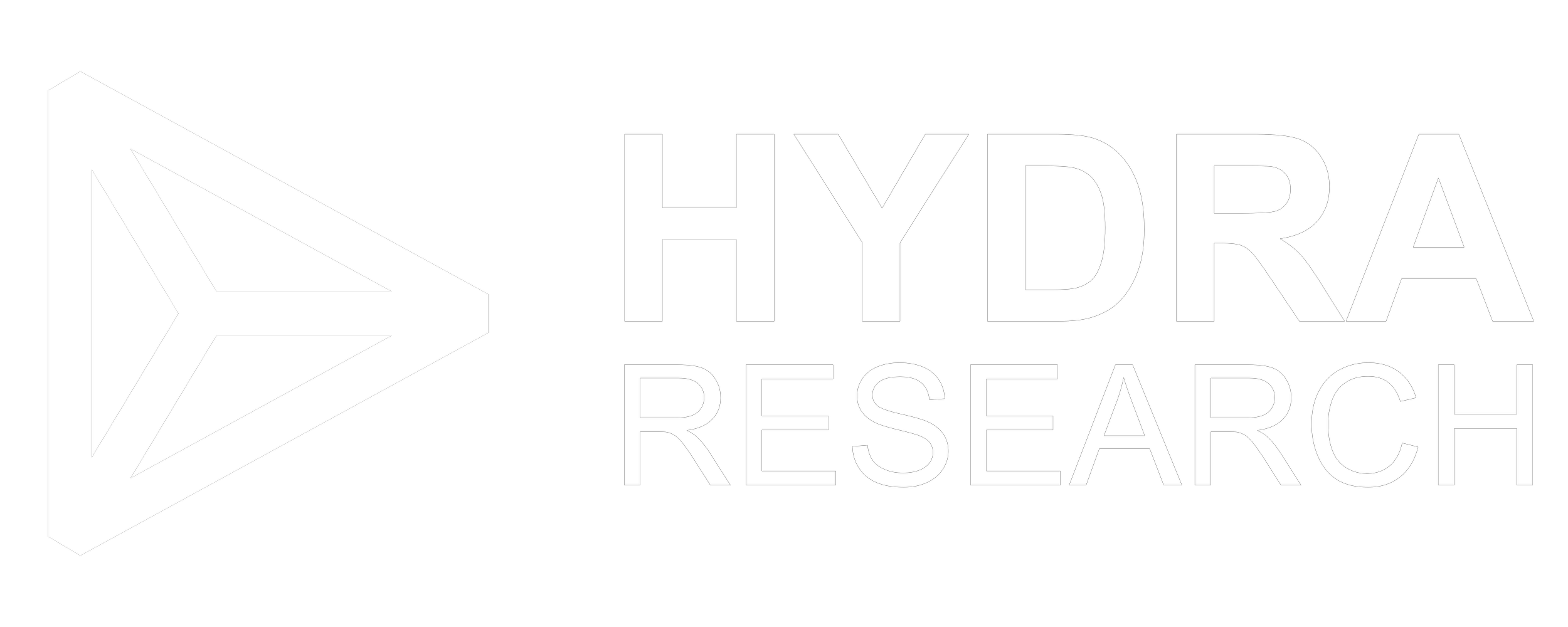Jeff, the co-owner of ElementDriven, launched the company based on his Rear-Seat Floor-Latch Covers, a product that enables owners to get full use of their Element’s floor when they lift or remove their rear seats. Manufactured out of heavy-duty 16-gauge steel, they maximize the cargo space of the Element by securely leveling the floor to make it usable for transporting furniture, pets, kids, and more.
Read MoreJordan, CEO of RepOne Strength, was looking to innovate not just with his products, but also with how they are manufactured. After learning about FFF 3D printing and its strengths in design adaptability and rapid iteration, Jordan decided that this could keep his prototyping and production lean and agile.
Read MoreMazama was developing a new line of dishware and wanted to be able to test different shapes and fine-tune their designs. Due to their focus on combining functionality with beautiful design, the details were extremely important. Other, more traditional manufacturing methods like hand-throwing would have been inconsistent, time-consuming, and costly for iterative design.
Read MoreWingWarp wanted to be able to test different angles, spacing, and number of phones to develop hardware that customers could easily use to engage with their platform. Traditional manufacturing methods like Injection Molding and Machining posed very high costs for iterative design and testing.
Read MoreThese days, plastic parts are in almost every piece of hardware out there. Almost all plastic parts are injection molded; it’s a great method for producing a ton of parts without changing the design. However if production volume is small or the design changes frequently, 3D printing offers a powerful alternative that can save a lot of time and money. In fact, it is the cost savings of 3D printing that made developing the Nautilus possible to begin with! We wanted to show the power of 3D printing through a case study on one of the parts that appears on the Nautilus: a Z-Axis Gantry.
Read More






